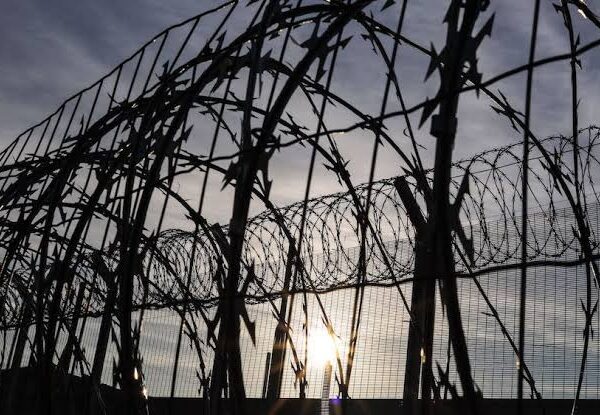The debate on the powers of the police to prosecute has continued as the Nigerian Police Force (Establishment) Act comes into force with section 66 providing prosecutorial powers to “Non Qualified Legal Practitioners”
Though the meaning of a “Non qualified legal practitioner” is vague and inconsistent within the provisions of other existing laws,the police will definitely take advantage of it to continue prosecution of offenders, a job which many believe should be done by trained lawyers.
In a Lawyers Whatsaap group that encourages Legal discourse, Courtroom Mail is following the debate by some lawyers who aired their views on the burning issue.
“According to Kemi Pinheiro SAN, My view is that it is an anathema for a Police to undertake prosecution in any form whatsoever
SEctions 174 and 211 of the constitution has vested these powers appropriately
Police primary responsibility is Investigation ONLY
It is about time we create offices of District prosecutors in local government areas who are staff of the DPP’s office and accountable in that respect for certain categories of NON capital offenses
That office will accessibile to a DPO and the IPOs at the earliest stages of investigation of crimes to create formidable indictments
Police have no business in prosecution and it’s time we appreciate that
It is a relic of our colonial past when there was a paucity of lawyers to handle prosecutions
I doubt if we can find a twin of this police prosecutor in any developed country
With the avalanche of new wigs every year this proposal can guarantee the employment of at least close to 15 % of them throughout the federation
The same view applies to all other paramilitary institutions like the customs immigration etc who also have similar provisions allowing their officers to prosecute
They should be restricted to their primary responsibilities and leave the buisiness of prosecution”
According to Mr Udemezue,a lecturer at the Nigerian Law School,
“The provisions of section 66 leaves no one in doubt that lay police officers are now barred from undertaking criminal posecution in courts of law in Nigeria. It’s difficult to identify “those offenses which non-qualifier legal practitioners can prosecute.”
The expression itself is absurd, as there is really nothing like “non-qualified legal practitioners.”
In Nigeria, according to sections 2 and 24 of the LPA, you’re either a legal practitioner or you’re not. The term “non-qualifier legal practitioners.” has no place anywhere in our law books.
But the way, there is no offence that only “non-qualifier legal practitioners” can prosecute because, as section 8(1) LPA specifies only “a legal practitioner shall have the right of audience in all courts of law sitting in Nigeria.”
Section 24 of the LPA provides that “…if any person other than a legal practitioner (a) practices, or holds himself out to practise, as a legal practitioner …
he is guilty of an offence and liable, in the case of an offence under paragraph (a) of this subsection or a second.”_ Under section 2 of the Legal Practitioners Act, dealing with Entitlement to practise law in Nigeria, only the following persons are permitted to practice law in Nigeria:
(i). Those whose names are on the Roll;
(ii). Those entitled to practice by virtue if their offices —AG’s, Solicitor-General, Law Officers, etc;
(iii). Those entitled to practice for the purpose of particular proceedings — i.e., those persons appearing to the CJN to be entitled to practise as an advocate in any country where the legal system is similar to that of Nigeria, and who are now granted the permission by the CJN to practice for the purpose of particular proceedings.
It appears doubtful (in view of section 66 aforesaid, that any lay police officer is still permitted under any circumstances to appear in a any court of law in Nigeria a a prosecutor.”
Olajide Akinola said “This isn’t the true position of the act Sir. Section 66 still allows Police officers to prosecute in certain matters…. however, each department is to have a legal officer to serve as a compliance officer. See Section 66 (2) & (3) of the Act.”
According to Ferdinand Orbih SAN
“For an investigative agency to carry out the prosecution of the crime they investigated is an offense against all known principles of fairness. The decision to prosecute ought be given to a different person, organ or agency.
The foundation for the abuses and corruption in EFCC and to a lesser extent ICPC, was laid when the Acts establishing them vested the power to prosecute on those Commissions.
Even if for good reason (and I see none) you deemed it necessary to give them power to prosecute, the decision to prosecute should have been vested on the Attorney-General or the DPP.”
While some Lawyers believe that the section has no force of law,some believe it is inconsistent with existing laws like the Legal Practitioners Act and the Constitution of the Federal Republic of Nigeria while others have made a good case against it.
As the debate continues,objections to police prosecutions are expected to begin in the court rooms which may end up in the highest court for another interpretation of the powers of the police to prosecute.



